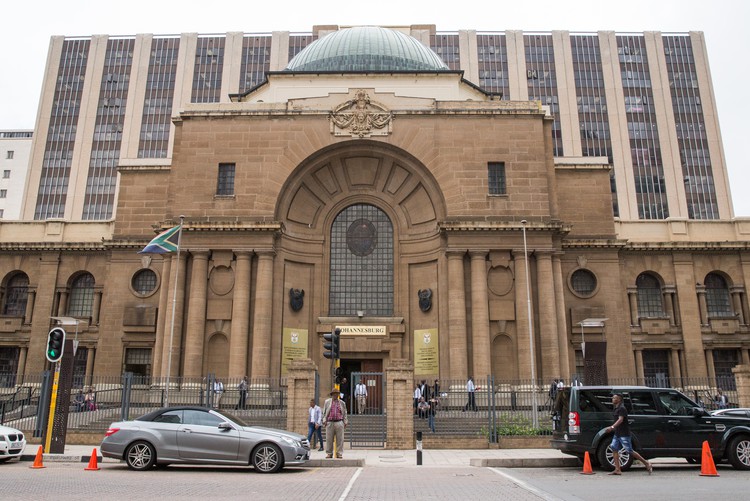
24 April 2025
Gauteng Judge President Dunstan Mlambo has directed civil matters to now go through mandatory mediation. Archive photo: Ashraf Hendricks.
The Gauteng division of the High Court has directed that civil matters must first go through mediation before going to trial. This is an attempt to ease severe delays in the court, which until now have caused new cases to be set down for trial in 2031.
The Office of the Chief Justice (OCJ) said in a statement that the directive follows a “wide consultative process” involving legal bodies, practitioners, mediation organisations and litigants. The final version, which took effect on Tuesday, includes feedback submitted by 8 April after a draft directive was circulated last month.
In that directive, Gauteng Judge President Dunstan Mlambo said the move was necessary to ensure only matters requiring judicial intervention appear on the roll. Only civil and not criminal cases are affected.
“As things stand, our civil court roll is inundated with matters that can be resolved without the intervention of a judge,” Mlambo said in the directive. “More than 85% of trial matters that have waited years to be on the trial roll always settle upon the arrival of the trial date without judicial intervention.”
The OCJ said in its statement that “this situation is clearly untenable and infringes on the right to access to courts as guaranteed by section 34 of the Constitution”. It described the change as part of “drastic measures to address this situation”.
To illustrate the problem, the Gauteng Division analysed matters enrolled from 10 to 28 March 2025 in the high courts in Johannesburg and Pretoria. In Johannesburg, only two of 59 cases required a judge. In Pretoria, just 11 of 339 needed judicial attention.
“The statistical outcomes from these weeks illustrate, in no uncertain terms, that the civil trial roll is inundated with matters that have no triable issues and, as such, do not require a judge to resolve them,” the OCJ said.
Some legal practitioners had objected to the draft directive, citing concerns about losing trial dates and that the directive could infringe on the right to access to justice. Others argued that mandatory mediation exceeds judicial powers.
Responding to this, the OCJ said: “A mediation process neither forces nor compels parties to agree to a result they do not want. Should they not voluntarily and by agreement reach a mediated settlement, their rights to approach a court remain intact.”
The OCJ also cited the lack of judges as contributing to the backlog. The last increase in judges in the Gauteng Division was in 2008. “However, increasing the judicial capacity of the division on its own will not resolve the problem caused by the enrollment of matters that present no triable issues,” it said.
The directive, it concluded, aims to ensure the civil court is reserved “for matters that earnestly require judicial attention”.
Under the new directive: